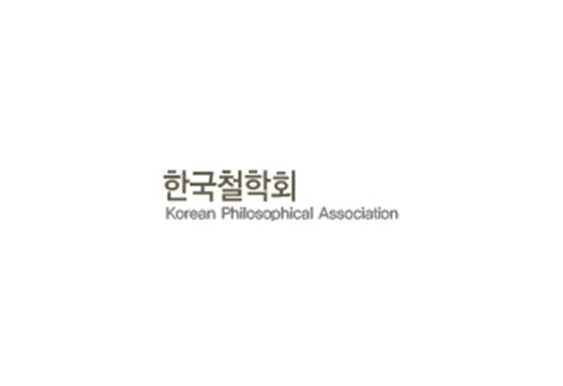도덕화된 자유 개념에 대한 비판적 검토
A Critical Examination of Moralized Freedom
도덕화된 자유의 이념은 ‘자유’가 적용되는 행위에 규범적 제한을 둔다. 행위자가 권리를 가진 행위 중에서 그가 간섭 없이 수행할 수 있는 행위, 혹은 행위자의 이익과 의사에 반하는 간섭이 없는 행위가 자유롭다고 간주된다. 단순한 간섭의 부재가 아니라 특정 규범적 제한 내에 있는 행위 중에서 간섭이 없는 행위만이 자유롭다. 도덕화된 자유의 옹호로서, 윤리학과 정치철학에서 ‘자유로운’ 행위가 마땅히 도모되어야 할 행위를 지칭한다면 자유가 도덕화되어야 하며 사회적 문제 해결에서 도덕화된 자유가 더 유효하다는 규범적 이유와, 일부 사례에 대한 자유 관련 판단과 부합한다는 개념적 이유가 제시된다. 나는 규범의 제약이 없는 단순한 간섭 부재로 ‘자유’를 규정하는 관점이 그러한 자유의 타산적 효용성, 즉 복지 증진에 대한 확률적 기여에 힘입어 윤리학과 정치철학에서 자유의 중요성을 확보할 수 있고, 도덕화된 자유를 도모하면 규범적 문제가 해결된다는 주장은 그 자유가 복합 개념이기에 저변에 포함된 이질적 이상들의 괴리와 갈등을 은폐하고 있음을 보인다. 도덕화된 자유 옹호자들이 논의하는 사례에 대해서도 비도덕화된 자유 관점의 해명이 더 적절하다. 개별 행위에 대한 자유는 행위자의 장기적 이익, 전반적 자유, 혹은 사회적 관심사에 의해 포기되거나 뒤처질 수 있는데 이렇게 분화된 판단도 도덕화된 자유가 아니라 비간섭 자유 관점에서 가능하다.
According to a moralized conception of freedom, free acts are not just acts without interference. Free acts are non-interfered acts among the acts that the agent has the right to perform (Bader), or acts that are not subject to the interference disregarding the interests and ideas of the agent. (Pettit) Advocates of moralized freedom present two reasons in its favor. Normative reasons: In ethics and political philosophy ‘free acts’ have normative implications; they should be prima facie promoted or honored. Moreover, it is a desideratum that we have a unifying good or norm in dealing with social normative problems, and ‘freedom’ seems to fit the bill. In order to fulfill these normative roles, freedom should be moralized. Conceptual reasons: In several notable cases, freedom-related judgments on them make sense if moralized freedom is adopted. I show that the normative reasons should be rejected, since non-moralized, simple non-interference freedom can have normative roles for its prudential efficacy, and moralized freedom simply falls out of the normative picture because its normative justification is derived from the underlying non-freedom norms. I argue against conceptual reasons by presenting a more appealing explication of the cases in question provided by the pure non-interference freedom perspective.
한국철학회, 한림대학교 주동률

